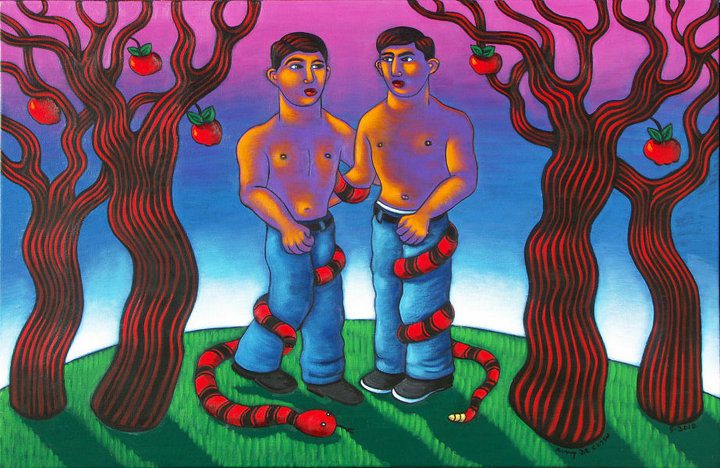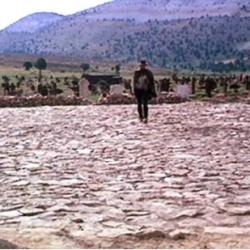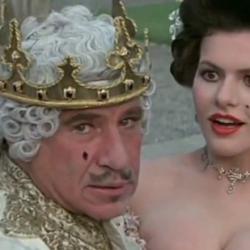Chis Kluwe had five punts for an average of 48.4 yards on Sunday in the Vikings’ 26-23 overtime win over the Jacksonville Jaguars.

I mention these statistics because the Minnesota punter is now my most favorite NFL player.
* * * * * * * * *
Kristine Haglund discusses “Why Mormon Men Love ‘Church Ball’ and Are Scared of Homosexuality.”
A look at this fraught masculinity may offer a glimpse into what drives the LDS Church, and Mormon politicians like Mitt Romney, to insist on the defense of traditional gender roles in the family. The unique contours of Mormon masculinity can also help answer the question: Why are (many) Mormons so vehemently opposed to gay marriage and any other overt expression of homosexuality?
The short answer to that question is that the unique mix of ritualized homosociality and patriarchal authority — the bedrocks of Mormon masculinity — means that many Mormon men are nervous about permitting even the idea that there might be more than a platonic “bromance” in the post-Church Ball game sweaty hug.
Morgan Guyton confirms that I’m not the only evangelical who thinks this sketch of “fraught masculinity” sounds awfully familiar.
* * * * * * * * *
I’m encouraged by consistent polling showing a big generational divide on attitudes toward LGBT people. The children of anti-gay evangelicals and other Republicans do not share the views of their parents. That’s a hopeful sign.
 But I also remember that America once entertained the same hope when it came to racial prejudice. My generation, born after the triumphs of the Civil Rights Movement, was supposed to grow up without the racism that had previously shaped American society. That didn’t happen — and as this post from Ari Kohen shows, it’s not happening with the next generation either.
But I also remember that America once entertained the same hope when it came to racial prejudice. My generation, born after the triumphs of the Civil Rights Movement, was supposed to grow up without the racism that had previously shaped American society. That didn’t happen — and as this post from Ari Kohen shows, it’s not happening with the next generation either.
I cautiously share William Lindsey’s hope that the arc of the universe is bending toward justice for LGBT people. As Lindsey writes:
As Kluwe (who’s straight) tells Ed Schultz, the struggle for gay rights is the defining civil rights issue of our time, and straight allies of gays seeking their rights at this point in history will one day, years down the road, be asked how they behaved as some groups in American society were assaulting the rights of a targeted minority when the 21st century began: Whose side were you on?, Kluwe tells Schultz younger people will ask their elders when this battle is over and done with, and when it becomes widely known which was the right and which the wrong side in this cultural battle.
But I’d feel more hopeful if I didn’t see so many young people, more than a generation after the Civil Rights Movement, who still believe that the wrong side of that battle was right.
* * * * * * * * *
• Gary Bauer learns that not hiring professional actors, like not hiring professional plumbers, can result in a lot of wasted money. But then I suppose it’s not easy to find talented actors who are also enthusiastic anti-gay bigots. (And now I’m wondering if these are professional actors and the ad is a work of deliberate sabotage.)
• Bauer’s ad is horribly written, acted and produced, but it’s immensely improved in this edit.
• One year after the repeal of “Don’t Ask, Don’t Tell” and we’re still waiting for the sky to fall just like all those anti-gay activists predicted it would.
• Artist Tony De Carlo has produced a series of religious paintings involving two of the most important figures in American Christianity: Adam and Steve.
• (See earlier: “Who made Steve?”)












